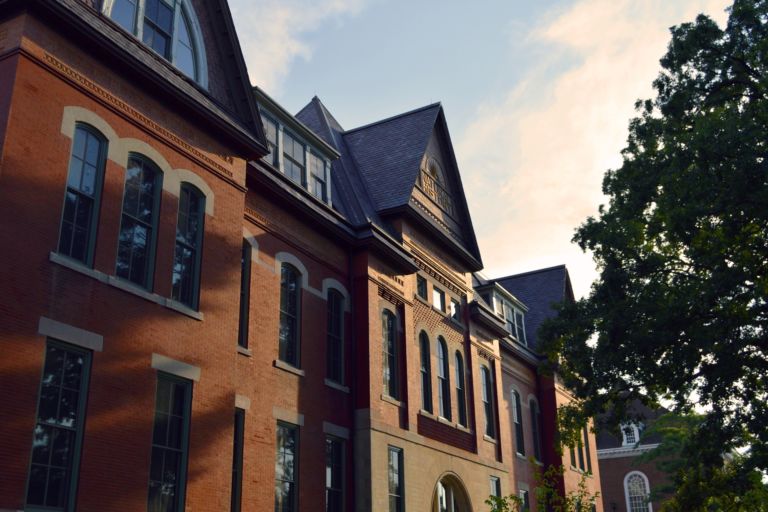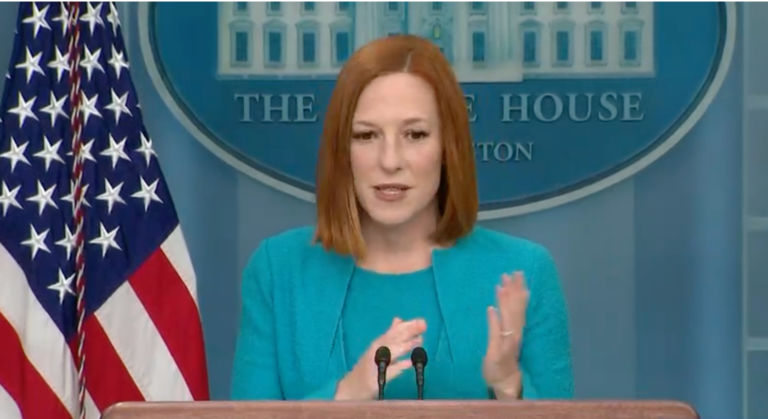Joseph Simonson of the Washington Free Beacon details the impact of bad border policy on one Midwestern community.
The migrants began to trickle into Whitewater, a sleepy town of 15,000 an hour west of Milwaukee, toward the end of 2021.
Prior to their arrival, local news and political debates generally revolved around school fundraisers or the University of Wisconsin-Whitewater’s D3 athletics. Today, residents are focused on their 1,000 new neighbors, who mostly hail from Nicaragua and Venezuela and largely keep to the shadows because they lack official identification. Locals say the real number of migrants in the town could easily be double the number reflected in the police department’s official statistics.
As the migrant crises in big cities like Chicago and New York receive national media attention, Whitewater residents can only laugh.
Greater Whitewater Committee president Jeffrey Knight is quick to point out that migrants have caused New York’s population to grow by 2 percent, while Whitewater’s population has grown by almost 10 percent in two years, almost entirely due to the southern border crisis. That would translate into more than 1.5 million new arrivals in New York.
“I don’t have a problem with immigration,” Knight told the Washington Free Beacon. “The concern is about resources.”
Like Knight, all Whitewater residents who spoke to the Free Beacon prided themselves on their hospitality and did not express prejudice toward the town’s growing foreign population. But those who live here say they feel the strain migration has placed on their town: schools rushing to hire English as a second language (ESL) teachers, emergency services overwhelmed with unintelligible calls reporting domestic violence, and health providers faced with a flurry of uninsured patients.
Responding to the influx of migrants has put the town in a $400,000 budget hole, a town official speaking on condition of anonymity told the Free Beacon.


